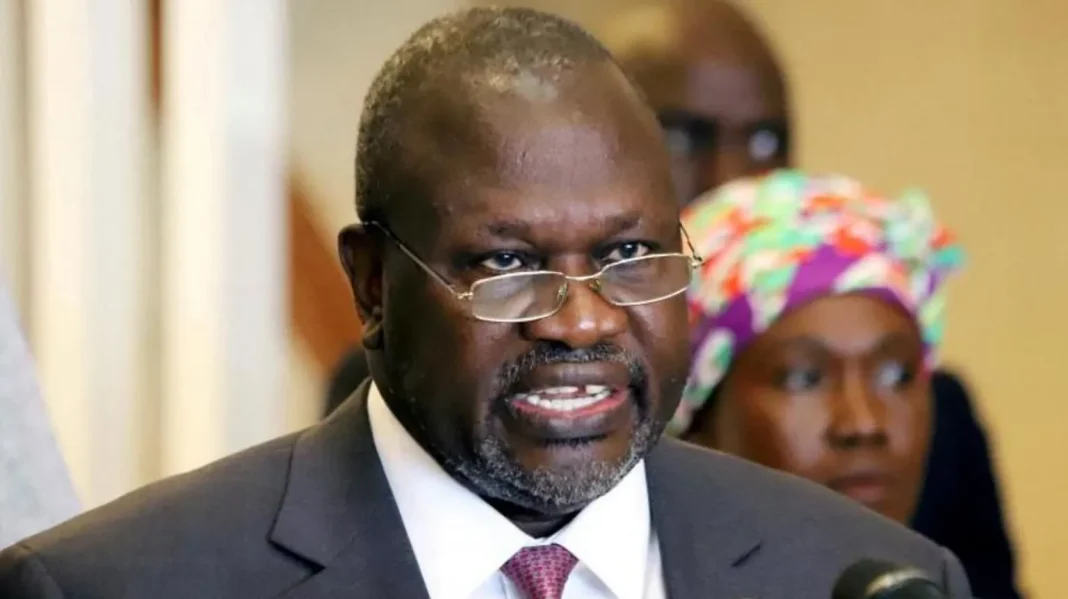The situation in South Sudan has become increasingly tense as First Vice-President Riek Machar has been placed under house arrest by the government, marking a significant development in the strained relationship between him and President Salva Kiir. The Sudan People’s Liberation Movement In Opposition (SPLM/IO), led by Machar, claims that an armed convoy, including the country’s defense minister, entered Machar’s residence in Juba, disarmed his bodyguards, and detained him along with his wife, Angelina Teny, the interior minister. This action has sparked concerns about potential violations of the constitution and the peace agreement signed in 2018.
The United Nations has expressed alarm over the situation, warning that South Sudan could be on the verge of returning to civil war, a situation that would have devastating consequences for the country and the region. Since the 2013-2018 civil war that led to almost 400,000 deaths, the country has struggled to maintain peace, with ethnic tensions and sporadic violence still fueling unrest.
The recent actions against Machar and his party have heightened fears of a full-scale return to conflict. International actors, including the UK and US embassies, have responded by reducing diplomatic staff and advising citizens to leave the country. The Norwegian and German embassies have closed operations in Juba altogether.
The potential for widespread conflict is compounded by renewed fighting between the forces loyal to Machar and President Kiir in the northern region of Nasir, which is rich in oil resources. This standoff, combined with the arrest and the political turmoil, has pushed South Sudan to a fragile breaking point. The global community is closely monitoring the developments, fearing that the fragile peace achieved since 2018 could collapse if the conflict escalates further.

